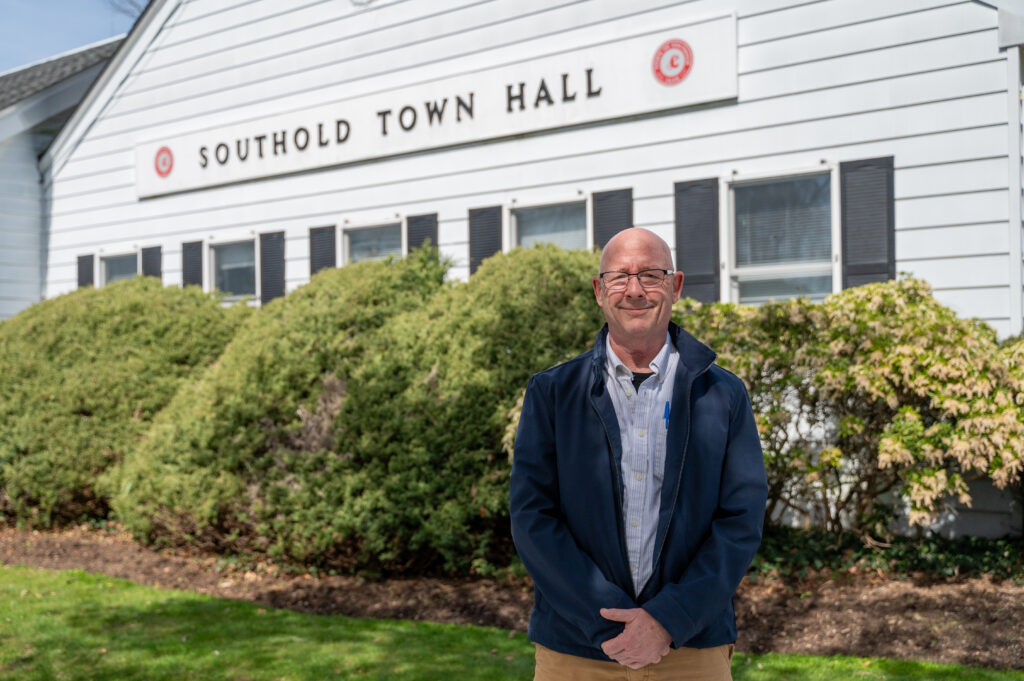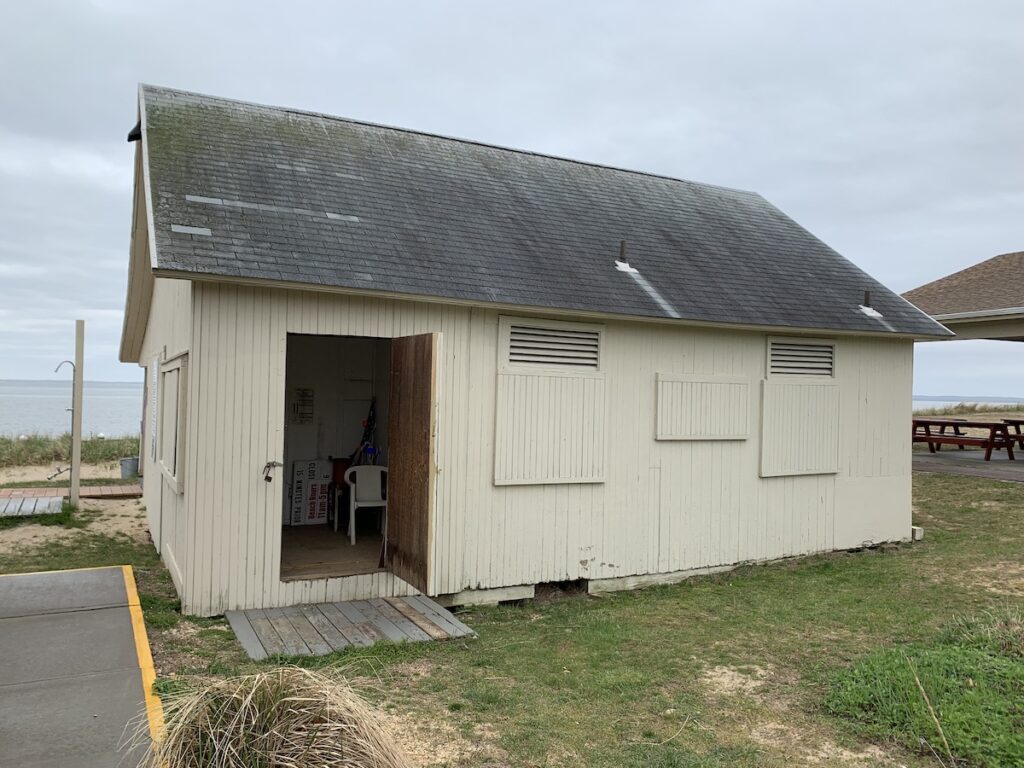Eastern Long Island Hospital Foundation’s annual Golf Classic raises $134K, honors health care heroes

As the seriousness of the pandemic began to set in locally back in March, Jack and Maggie Biggane began to reconsider accepting a recent honor bestowed on their foundation.
The part-time Southold residents had been selected as the honorees for the 28th annual Eastern Long Island Hospital Foundation’s Golf Classic. Through the Mollie Biggane Melanoma Foundation — which the couple started in memory of their daughter, who died at the age of 20 in 2000 — they had worked in recent years to bring awareness and skin cancer prevention programs to Stony Brook Eastern Long Island Hospital and across the North Fork.
Mr. Biggane said he and his wife were taking a walk one day and noticing all the signs popping up to thank health care heroes on the front lines battling COVID-19.
“We thought, wait a minute, these guys are the real heroes,” Mr. Biggane said in an interview. “This is the issue at hand today.”
The couple decided that their recognition could wait. For 2020, the real honorees should be the health care heroes, they said. They requested to “take a mulligan” and be honored at a future date.
Last week, the golf classic at North Fork Country Club raised $134,000 to benefit the Greenport hospital. Approximately 165 golfers participated — including Mr. Biggane, who’s a board member at the country club — bringing in a record number of sponsorships and surpassing the 2019 total raised, according to Stony Brook ELIH.
The golf outing had originally been scheduled for June, but was postponed due to the pandemic.
“This year’s record number of sponsorships is just one example of the immense generosity our community has shown this hospital all year long,” ELIH Foundation chairman Paul Romanelli said in a statement. “We thank you for your continued support, especially during this most challenging year.”
The Oct. 5 golf classic featured a “special takeaway dinner package” in lieu of the traditional formal program and sit-down dinner. Golfers were able to participate in silent and community auctions and raffles and the winners were personally called after the event.
“It was great,” Mr. Biggane said. “They did a terrific job. The food was great. The golf course was in great shape and it was well attended.”
The link between the Mollie Biggane Melanoma Foundation and Stony Brook ELIH expanded in 2018 when the foundation helped incorporate a new skin cancer prevention program into the hospital’s services, so nurses examine the skin of all patients as they enter the hospital to specifically evaluate for skin lesions.

Ms. Biggane said Victoria Siegel, an advisory board member and nursing professor at Molloy College, helped facilitate the initiative.
“We went and met with the administrators, the president of the hospital, the head of nursing, and they all thought it was a great idea,” Ms. Biggane said. “Through the years we’ve supported Nursing Education Day and any other outreach programs they might have.”
The Bigganes met with the Southold Town Board in 2018 to discuss a plan for installing sunscreen dispensers at town parks and beaches. At the time, Southold Supervisor Scott Russell called it “one of the better ideas I’ve heard in all my years here.”
Mr. Biggane said there about a dozen dispensers now installed and the town assists with maintenance.
“Because so much of this end of Long Island is a summer community and there’s boating, skin cancer prevention really should front and center on people’s minds when they come out here,” Ms. Biggane said. “Many times people forget about sunscreen.”
They hope in the future, possibly next summer if it’s safe with the pandemic, the foundation can partner with Stony Brook ELIH to host a free skin cancer screening event. They’ve done similar events in Nassau County, near where they live full-time in Garden City. They’re also working on a public service campaign titled “Solar Distancing,” a play on the current social distancing guidelines to protect against COVID-19.
“It’s something to alert the public that they have to be concerned about,” Ms. Biggane said.
Skin cancer is the most common form of cancer in the United States, according to the Centers for Disease Control and Prevention. The most preventable cause of skin cancer is overexposure to ultraviolet light, either from the sun or artificial sources like tanning beds, the CDC says.








